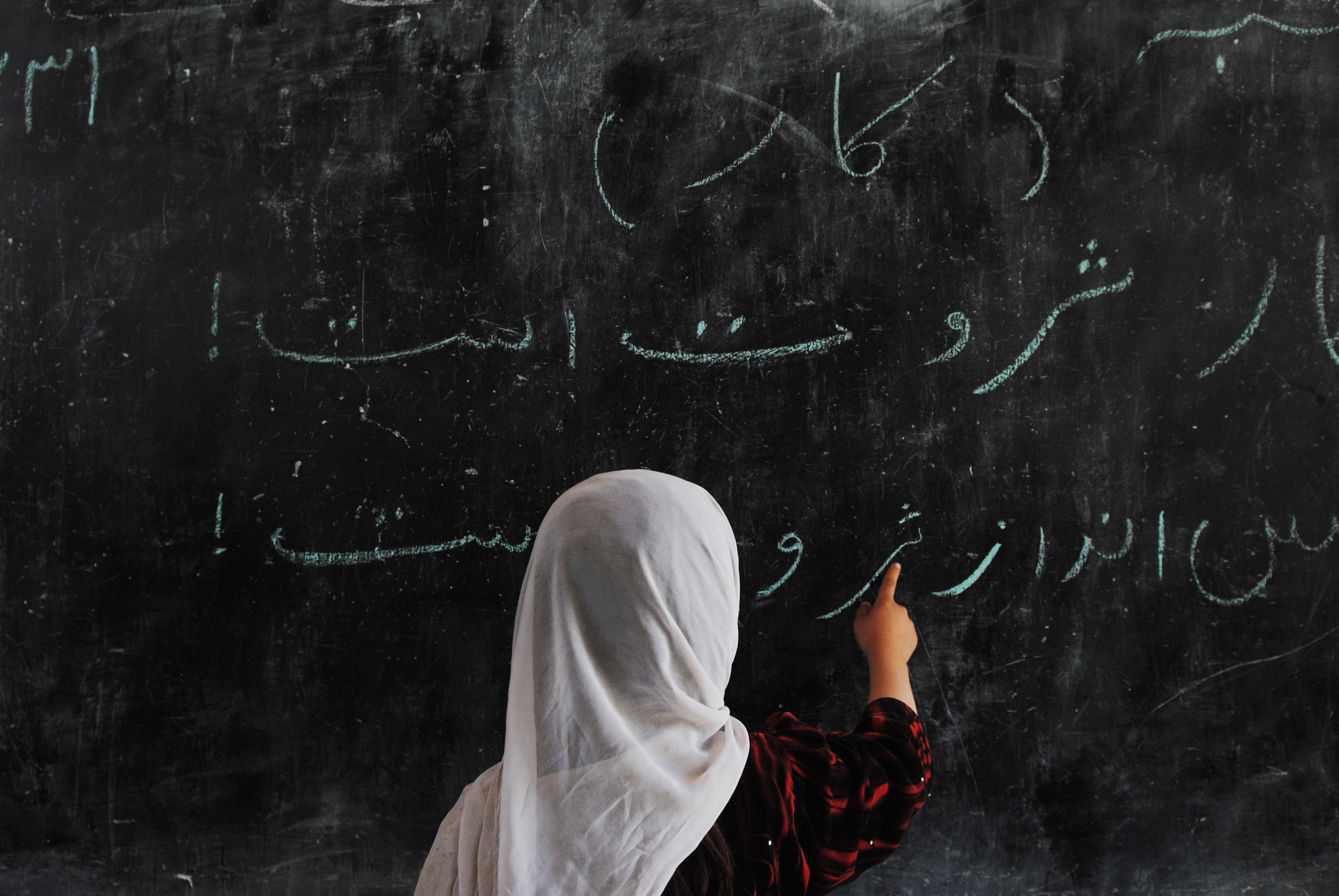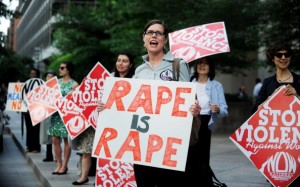
Rape survivors awaiting surgery, Panzi hospital, Bukavu, South-Kivu province. Copyright Amnesty International
Three years ago when Secretary of State Hillary Rodham Clinton took the unprecedented step of travelling to the Eastern provinces of the Democratic Republic of the Congo (DRC) to meet with rape survivors of the country’s brutal conflict, I was elated and hopeful. Elated because Secretary Clinton was doing something that had never been done before—sending the message that sexual violence is just as high on America’s foreign policy agenda as trade or traditional capital-to-capital diplomacy, and that the dignity and needs of survivors are a particular priority. Hopeful because I thought it meant perhaps three years later we would see some real change for women in that unending war.
I was wrong.
Tens of thousands of civilians have this very week been displaced following the fall of Goma, a city in Congo’s war-torn east, to the armed group M23, worsening an already dire human rights situation. Since only April of this year, fighting between the Congolese army and the M23 armed group has displaced 226,000 people in North Kivu province, and 60,000 refugees have fled to Uganda and Rwanda. As with the many other chapters in what’s become known as Africa’s world war, sexual violence has been a trademark of the recent fighting. Amnesty International has documented numerous crimes under international law and other human rights violations committed in the course of fighting between M23 and the Democratic Republic of Congo’s (DRC) army in recent months.
SEE THE REST OF THIS POST


